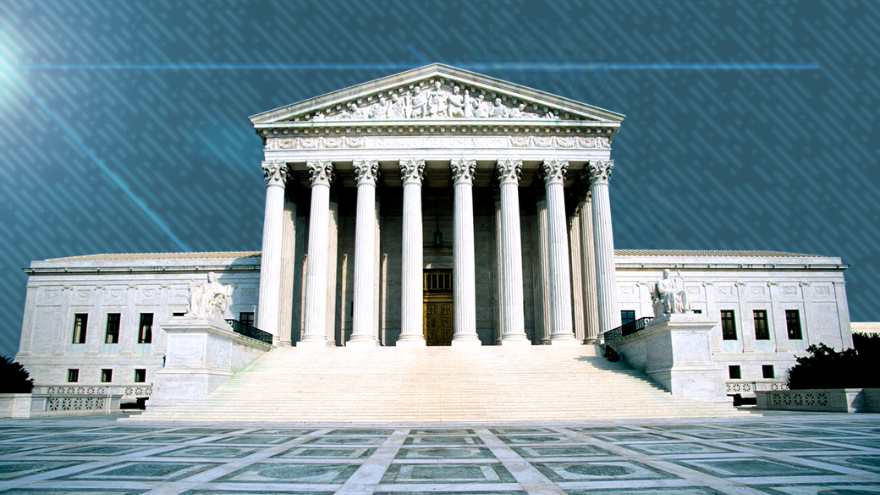The nation’s highest court rejected a challenge to the Food and Drug Administration’s regulation on drugs used for abortions.
The United States Supreme Court ruled on June 13 that Alliance for Hippocratic Medicine, the plaintiff, did not have standing to bring the challenge. The court argued that neither the organization nor any of its members had been injured by the federal agency’s policies. The plaintiffs argued changes in the FDA’s regulation regarding abortion-inducing drugs violated the Administrative Procedure Act and that doctors may have to deal with increasing side effects or consequences of the drugs.
The drug at the center of the case is mifepristone, which was approved to be dispensed in tablets to abort a pregnancy up to seven weeks in 2000. The FDA later extended its rules to 10 weeks of pregnancy in 2019 and stopped requiring women to meet with a doctor in person before taking the drug in 2021.
Justice Brett Kavanaugh authored the unanimous opinion for the Supreme Court.
“The plaintiffs do not prescribe or use mifepristone. And FDA is not requiring them to do or refrain from doing anything,” wrote Kavanaugh. “Rather, the plaintiffs want FDA to make mifepristone more difficult for other doctors to prescribe and for pregnant women to obtain. Under Article III of the Constitution, a plaintiff ’s desire to make a drug less available for others does not establish standing to sue.”
Kavanaugh also wrote that doctors have never been allowed to challenge “the government’s loosening of general public safety requirements simply because more individuals might then show up at emergency rooms or in doctors’ offices with follow-on injuries.”
The justice wrote:Consider some examples. EPA rolls back emissions standards for power plants—does a doctor have standing to sue because she may need to spend more time treating asthma patients? A local school district starts a middle school football league—does a pediatrician have standing to challenge its constitutionality because she might need to spend more time treating concussions? A federal agency increases a speed limit from 65 to 80 miles per hour—does an emergency room doctor have standing to sue because he may have to treat more car accident victims? The government repeals certain restrictions on guns—does a surgeon have standing to sue because he might have to operate on more gunshot victims?
The answer is no: The chain of causation is simply too attenuated. Allowing doctors or other healthcare providers to challenge general safety regulations as unlawfully lax would be an unprecedented and limitless approach and would allow doctors to sue in federal court to challenge almost any policy affecting public health.
The Planned Parenthood Federation of America celebrated the court’s decision but warned that this issue remained unresolved.
“Mifepristone will remain on the market and accessible in states where abortion is legal,” the organization wrote in a press release. “However, this attack on medication abortion could continue, as the case will be sent back down to federal district court judge Matthew Kacsmaryk, who has already allowed the states of Kansas, Missouri, and Idaho to intervene in the case.”
“As we breathe a sigh of relief for now, we cannot forget that the court is deciding another case about abortion this term,” warned Alexis McGill Johnson, the nonprofit’s president. “Threats to sexual and reproductive health care remain, and we continue our commitment to ensuring people everywhere can get the care they need.”
